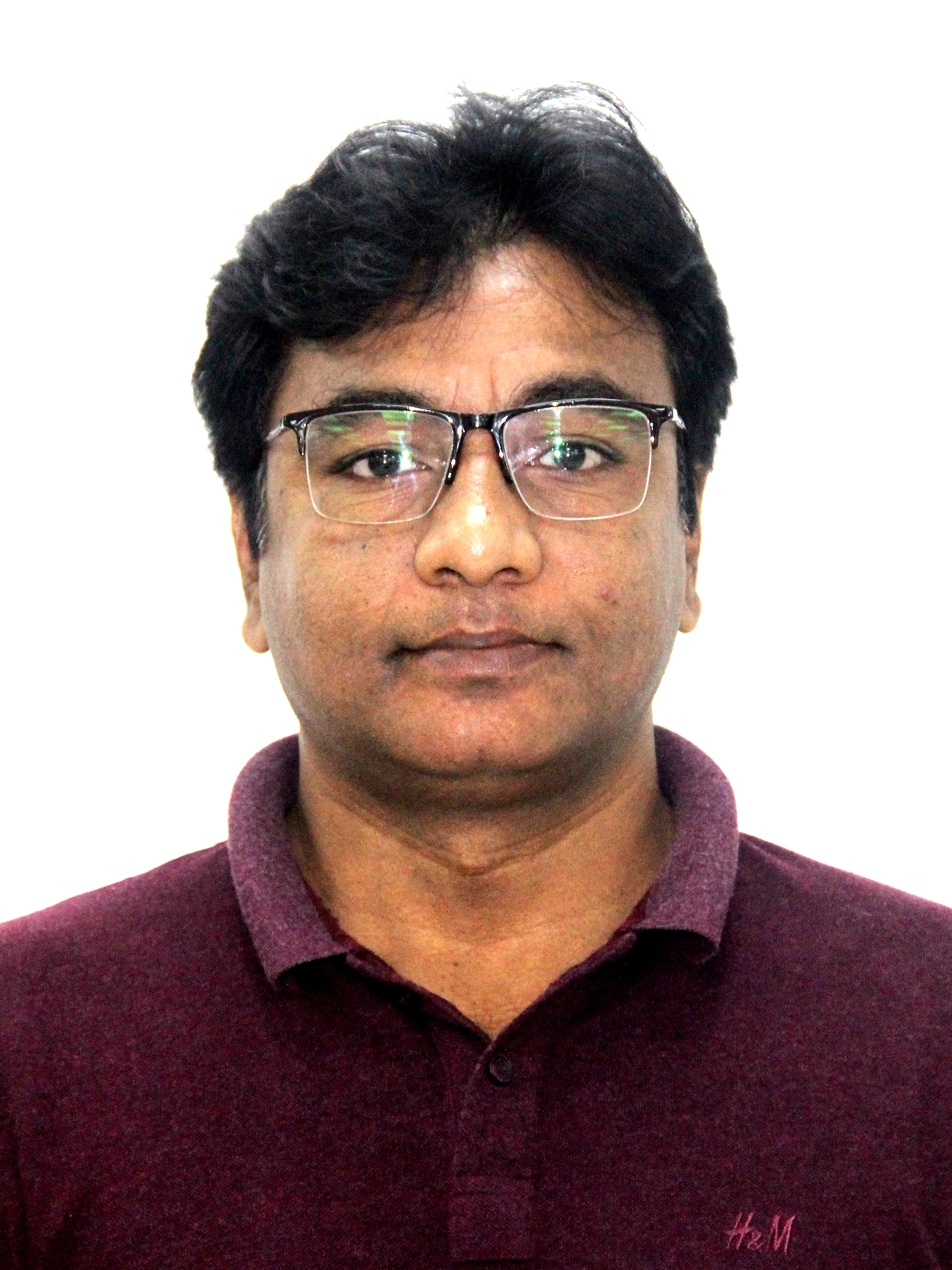Dev work hindered
Triangular rift between MPs, UNOs, UZ chairmen; Integrated efforts a must

Poor coordination among lawmakers, other public representatives and field-level administrative officials for over a decade has been hindering the development efforts of the government and depriving people of the services they deserve.
According to sources, administration is in disarray due to the existing ‘conflicts’ among lawmakers, upazila chairmen and upazila nirbahi officers (UNO) over exercising their power.
They said the development initiatives taken by the government as well as the delivery of service to the public are being affected due to the poor coordination resulted from the conflict.
The conflict has recently been widely exposed when upazila chairmen moved the High Court challenging a section of the Upazila Parishad Act, which provides that the UNO will be the chief executive officer of the upazila.
The court issued a rule asking 15 top officials, including the Cabinet secretary and local government secretary, why Section 33(1) of the statute would not be declared illegal.
Upazila chairmen, under the banner of Upazila Parishad Association, at a press conference on January 2 alleged that the UNOs are playing the role of the chief executive officers at the upazila, creating obstacles to the function of the upazila chairmen.
UNOs, however, said the government has unambiguously specified the responsibilities of the upazila chairmen in 17 departments in the local administration.
Several UNOs even said upazila chairmen’s attitude against them would create a distance between the public representatives and administrative officials.
Talking to Bangladesh Post, Md Shahidul Hassan, a former chief engineer of LGED, said, “The local elected representatives, especially lawmakers and upazila chairmen, and the UNOs should work following the laws and rules to avoid any misunderstanding.”
“But the problem is created when any of them wants to practice something wrong or work against rules or ethics,” he said.
Shahidul suggested fixing the flaws in the laws and rules to facilitate good working relations between the public representatives and the field-level administrative officials.
The former LGED chief engineer further said, “In developed countries, responsibilities of both the public representatives and government administrative officials are clearly specified.”
He noted that the public representatives and administrative officials in Bangladesh could work independently when their responsibilities were specified.
“But, the problem originated when the number of districts was increased during the regime of former dictator HM Ershad. And the problem got worse when the system of district council and upazila parishad was scrapped in the 1990s,” Shahidul said.
He said sometimes local lawmakers are responsible for feuds among elected representatives and administrative officials as they want to interfere everywhere from the central to the local administration.
“Although some laws are required to specify the responsibilities of the public representatives and administrative officials, the lawmakers are not willing to pass such laws,” he added.
“Moreover,” he said, “there are also conflicts between local lawmakers and upazila chairmen. In some cases, UNOs or government administrative officials take it as an opportunity to exercise authority over them.”



